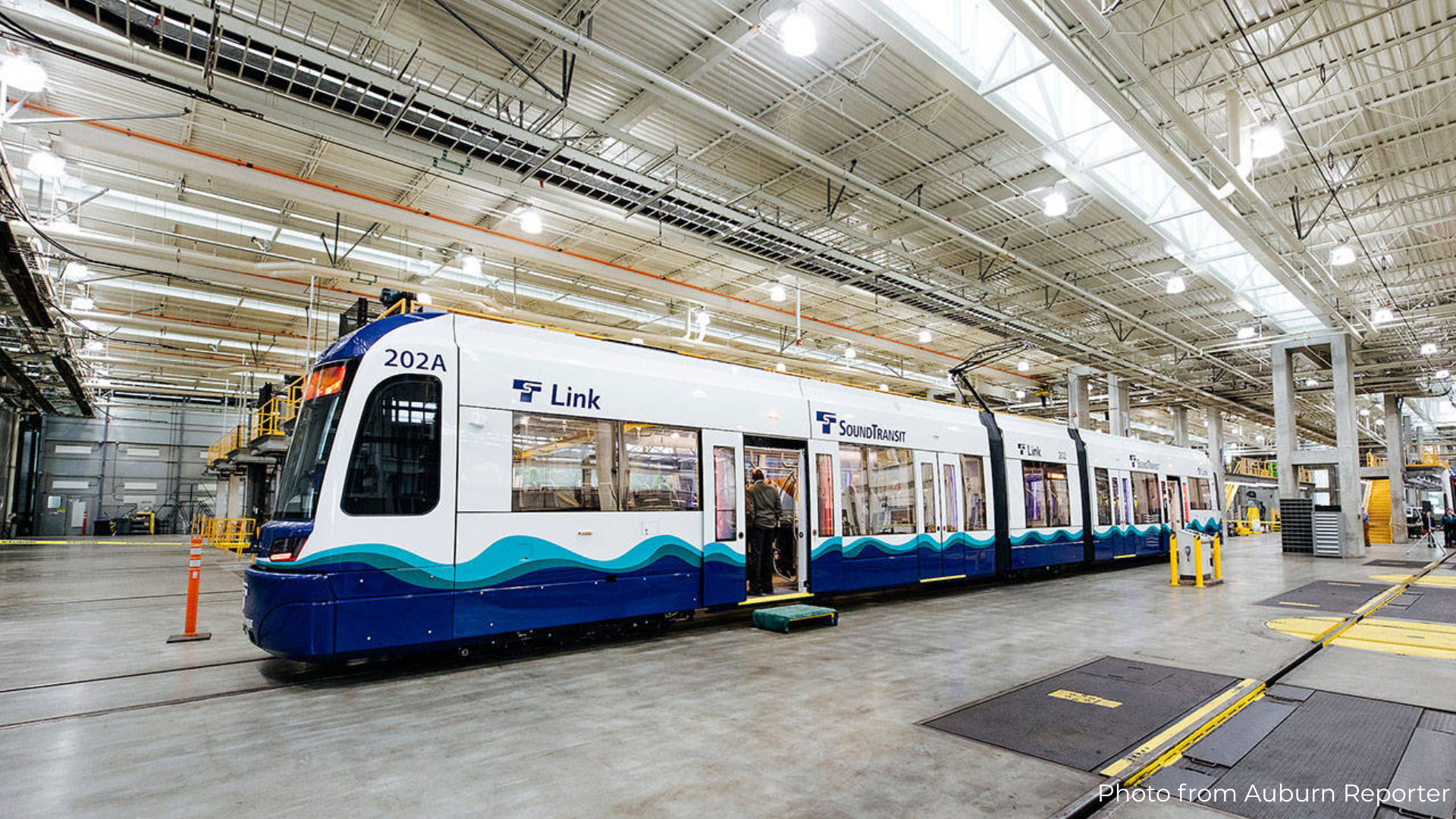Yesterday, I voluntarily installed a GPS-enabled tracking device into my car.
Although I am excited to be a participant in the state’s Road Usage Charge (RUC) Pilot Project, my first long trip with the device in my car produced data that was fairly unsettling. While I was aware of my consent to release personal information about myself, my car, my location, and “vehicle trip patterns,” I was unaware exactly what “vehicle trip patterns” would be reviewed and how.
Now I know.
For example, after my first long trip with the device in my car, I immediately received a score on my driving and details about the trip.

My score depends on braking, acceleration, cornering and speed. I received a score of 84 out of 100 due to one incident of “harsh cornering” and 21 incidents of “speeding.” I don't know what "harsh cornering" is.
Each purple mark on the map is where I drove over 60mph.
The app tells me exactly where I drove over the speed limit and for how long. Here are a few examples.
I would like to think I am a good driver who takes seriously the responsibility of owning a vehicle and using it on a public road. I drove with the flow of traffic and passed several law enforcement vehicles, none of whom took issue with my speed.
Needless to say, the results and capabilities of the app were surprising and made me feel uncomfortable, even if this data is collected and displayed solely for my own benefit. Data that is collected by the state is data that can be kept and used.
In Oregon’s implementation of a limited mileage tax, lawmakers enacted laws that specifically prevent law enforcement and other state agencies from accessing the travel information that was sent to the Department of Transportation. In Washington state, however, the Washington State Transportation Commission, which is leading the pilot, lists the Washington State Patrol as an agency that may have an interest in the results of the pilot or a future RUC system. The WSTC states that the Washington State Patrol could provide input on “detecting and deterring vehicle licensing fraud” and “roadside enforcement approaches and activities.”
It’s not hard to picture how my “vehicle trip patterns” above and the policies that may someday govern this information could easily be used to issue traffic tickets.
The WSTC and the service provider I consented to release information to (DriveSync) do state that personal information can be disclosed without consent or knowledge but only when required or permitted by law. The problem is – no one believes it.





